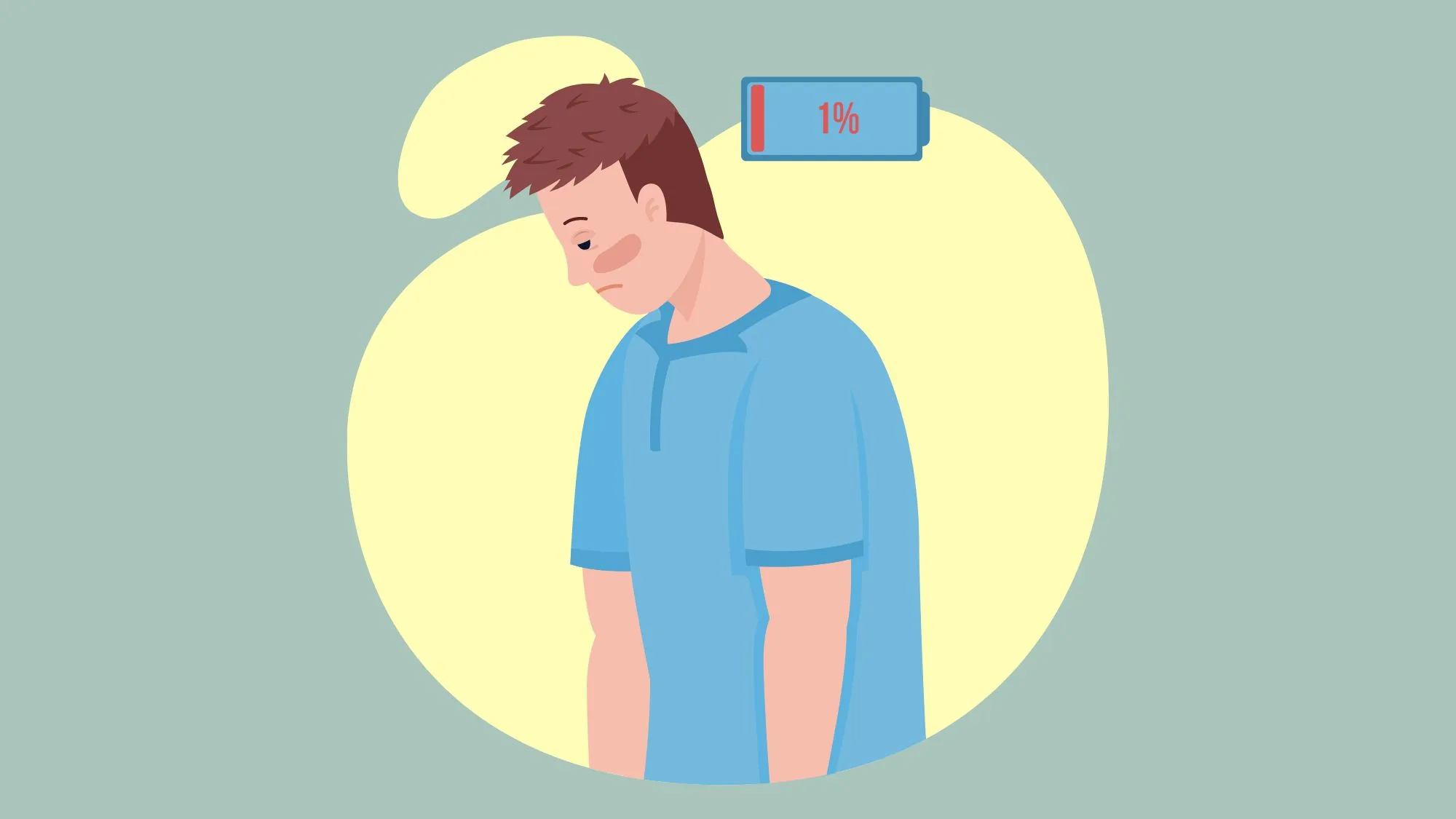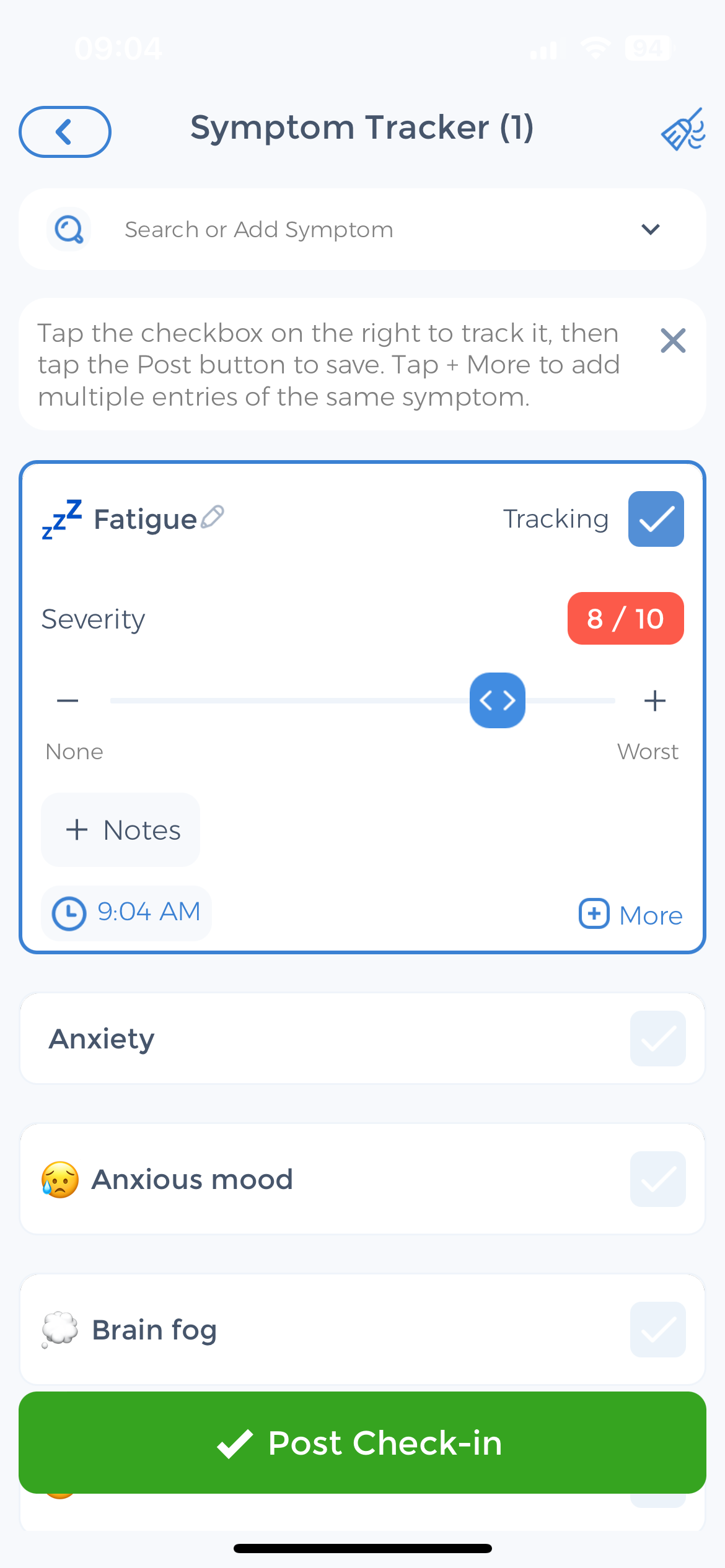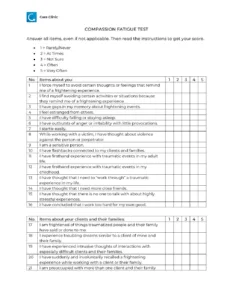
Compassion fatigue is a condition that affects many individuals who work in caregiving roles, such as doctors, nurses, therapists, and other healthcare professionals. It is a state of emotional, physical, and mental exhaustion caused by the constant giving of oneself to others. If left unaddressed, compassion fatigue can have a significant impact on mental health and overall well-being.
Understanding Compassion Fatigue
Before we delve into the details of compassion fatigue, let’s first define what it is and explore its impact on mental health.
Defining Compassion Fatigue Towards Healing Process
Compassion fatigue is a state of emotional, physical, and mental exhaustion that arises from the prolonged exposure to the suffering and trauma of others. It is often experienced by those who care for others, including medical professionals, due to the demanding nature of their work. Over time, the constant giving, empathy, and compassion can take a toll on their own well-being, leading to burnout and compassion fatigue.
The Impact of Compassion Fatigue on Mental Health
Compassion fatigue can have a profound impact on mental health. It can lead to feelings of sadness, hopelessness, and detachment from patients and their families. Additionally, individuals experiencing compassion fatigue may also develop symptoms of anxiety and depression. Recognizing these signs and addressing them is crucial for one’s overall well-being.
Furthermore, compassion fatigue not only affects the mental health of individuals but can also have physical consequences. The constant exposure to the suffering and trauma of others can lead to physical symptoms such as headaches, muscle tension, and fatigue. These physical manifestations of compassion fatigue can further exacerbate the overall exhaustion experienced by those affected.
In addition to the impact on mental and physical health, compassion fatigue can also have a significant effect on personal relationships. The emotional exhaustion and detachment that come with compassion fatigue can make it challenging to connect with loved ones on a deep and meaningful level. This can lead to feelings of isolation and strain in relationships, further adding to the burden carried by individuals experiencing compassion fatigue.
It is important to note that compassion fatigue is not a sign of weakness or lack of empathy. It is a natural response to the constant exposure to the suffering of others. Recognizing and acknowledging compassion fatigue is the first step towards addressing it and taking steps to prioritize self-care and well-being.
Printable Compassion Fatigue Test Measure
⬇️ Compassion Fatigue Test PDF Printable
The Science Behind Compassion Fatigue
Now, let’s delve into the scientific aspects of compassion fatigue, including its psychological aspects and physical symptoms.
The Psychological Aspects of Compassion Fatigue
Psychologically, compassion fatigue can result in feelings of helplessness, irritability, and a decreased ability to feel empathy towards others. It can also lead to a sense of disillusionment and a questioning of one’s own abilities and purpose in their caregiving role.
When individuals experience compassion fatigue, they may find themselves caught in a cycle of emotional exhaustion. The constant exposure to the suffering of others can take a toll on their mental well-being, leading to a depletion of emotional resources. This depletion can manifest as a loss of motivation, difficulty concentrating, and an overall sense of emotional numbness.
Physical Symptoms and Signs of Compassion Fatigue
 On a physical level, individuals experiencing compassion fatigue may exhibit symptoms such as chronic fatigue, insomnia, headaches, and muscle tension. Additionally, they may be more susceptible to illness and have a weakened immune system. It is essential to pay attention to these signs and seek appropriate care.
On a physical level, individuals experiencing compassion fatigue may exhibit symptoms such as chronic fatigue, insomnia, headaches, and muscle tension. Additionally, they may be more susceptible to illness and have a weakened immune system. It is essential to pay attention to these signs and seek appropriate care.
Furthermore, the impact of compassion fatigue on the body can extend beyond these commonly recognized symptoms. Research has shown that prolonged exposure to stress and emotional strain can lead to an increased risk of developing cardiovascular problems, such as high blood pressure and heart disease. The body’s stress response, when constantly activated, can disrupt the normal functioning of various bodily systems, putting individuals at a higher risk for long-term health complications.
Moreover, the toll of compassion fatigue is not limited to physical and psychological well-being. It can also affect an individual’s social life and relationships. The emotional exhaustion and decreased empathy associated with compassion fatigue can strain personal connections, leading to feelings of isolation and detachment from loved ones. This can further exacerbate the sense of helplessness and contribute to a cycle of emotional distress.
The Compassion Fatigue Test
To better understand and assess your own levels of compassion fatigue, you may consider taking a compassion fatigue test. This test can provide insights into your emotional well-being and help guide you towards appropriate self-care strategies.
The Purpose of the Compassion Fatigue Test
The compassion fatigue test is designed to identify and quantify the various symptoms of compassion fatigue that you may be experiencing. It can help you gain a clearer understanding of your emotional state and enable you to take necessary steps towards self-care and well-being.
How the Compassion Fatigue Test Works
The compassion fatigue test typically consists of a series of questions that assess different aspects of your emotional and physical well-being. It may cover topics such as your ability to cope with stress, feelings of burnout, and changes in your personal relationships. By answering these questions honestly, you can gain valuable insights into your emotional state and identify areas that require attention.
Let’s delve deeper into the compassion fatigue test and explore some of the questions you might encounter. One question might ask about your level of empathy towards others and whether you find it increasingly difficult to connect emotionally with those you are trying to help. This question can shed light on the emotional toll that compassion fatigue can have on your ability to provide care.
Another question might inquire about your physical well-being and whether you have noticed any changes in your sleep patterns or appetite. These physical symptoms can often accompany compassion fatigue, as the emotional strain can manifest in physical ways. Recognizing these changes can help you take proactive steps towards self-care and seek appropriate support.
Importance of Taking the Tests
Additionally, the compassion fatigue test may explore your overall satisfaction with your work or volunteer activities. It may ask if you feel a sense of fulfillment and purpose in what you do or if you have started to feel disillusioned and detached. These questions can provide valuable insights into the impact of compassion fatigue on your professional or personal life.
By taking the time to complete the compassion fatigue test, you are actively prioritizing your well-being and acknowledging the importance of self-care. Remember that the test is not meant to diagnose, but rather to provide you with a greater understanding of your emotional state. Armed with this knowledge, you can begin to implement strategies to address compassion fatigue and nurture your own well-being.
Interpreting Your Compassion Fatigue Test Results
Once you have completed the compassion fatigue test, it is essential to understand how to interpret the results. This will allow you to make informed decisions regarding your self-care and seek appropriate support if needed.
Understanding Your Test Scores
The compassion fatigue test results are typically provided in the form of scores or ratings. These scores reflect different aspects of your emotional well-being and can help identify the areas where you may be experiencing higher levels of compassion fatigue. By understanding these scores, you gain insight into your current state and can take steps towards improving your well-being.
What Your Results Mean for Your Mental Health
Interpreting your compassion fatigue test results can provide valuable information about your mental health. It may highlight areas where you need to prioritize self-care and seek support. Remember, it is crucial to address these findings and take action to prevent further emotional exhaustion and burnout.
Let’s delve deeper into the different scores you may encounter in your compassion fatigue test results. One score you may come across is the “emotional exhaustion” score. This score reflects the level of emotional depletion you may be experiencing due to your work or caregiving responsibilities. A high score in this area could indicate that you are feeling overwhelmed and drained, and it may be time to take a step back and focus on your own well-being.
Another score to pay attention to is the “secondary traumatic stress” score. This score measures the extent to which you are affected by the trauma experienced by others. If you have a high score in this area, it suggests that you may be absorbing the pain and suffering of those you care for, which can have a significant impact on your mental health. It is crucial to recognize this and seek support to prevent it from escalating further.
Additionally, your compassion fatigue test results may include a score for “burnout.” Burnout is a state of chronic physical and emotional exhaustion that is often caused by prolonged exposure to stressors. If your burnout score is high, it indicates that you may be experiencing a significant level of exhaustion and dissatisfaction in your work or caregiving role. Taking steps to address burnout is crucial for your overall well-being and ability to continue providing care.
Importance of Awareness of Compassion Satisfaction and Fatigue
Remember, interpreting your compassion fatigue test results is just the first step. It is essential to take action based on these findings. This may involve seeking support from a therapist or counselor, practicing self-care strategies, setting boundaries, and finding ways to recharge and rejuvenate. By addressing compassion fatigue, you can ensure that you continue to provide care and support to others while also taking care of yourself.
Strategies to Manage Compassion Fatigue
Now that we understand the significance of compassion fatigue and how to assess our own levels, let’s explore some effective strategies to manage and prevent it.
Self-Care Techniques for Compassion Fatigue
Engaging in self-care practices is an essential aspect of managing compassion fatigue.
Here are some self-care techniques you can try:
- Practice mindfulness and relaxation exercises, such as deep breathing or meditation.
- Engage in activities that bring you joy and relaxation, such as reading, listening to music, or spending time in nature.
- Establish healthy boundaries and learn to say no when necessary to avoid overextending yourself.
- Maintain a healthy lifestyle by eating well-balanced meals, exercising regularly, and getting enough sleep.
- Seek support from friends, family, or support groups who can provide a listening ear and understanding.
Self-care is not just a buzzword; it is a vital practice that allows us to replenish our energy and maintain our emotional well-being. By incorporating these techniques into our daily lives, we can create a solid foundation for managing compassion fatigue. Remember, self-care is not selfish; it is necessary for us to continue providing care and support to others.
Professional Help for Compassion Fatigue
If you find that self-care techniques alone are not enough to manage your compassion fatigue, it may be beneficial to seek professional help. This can involve counseling or therapy sessions with a mental health professional who specializes in compassion fatigue. They can provide guidance, support, and personalized strategies to help you navigate through this challenging time.
Professional help should never be seen as a sign of weakness or failure. It is a courageous step towards prioritizing your mental health and seeking the assistance you need. Remember, you are not alone in this journey, and there are professionals who are trained to help you overcome compassion fatigue.
Compassion fatigue is a significant concern for individuals in caregiving roles. Recognizing and addressing compassion fatigue is crucial for maintaining one’s mental health and well-being. By using tools like the compassion fatigue test, individuals can gain valuable insights into their emotional state and take necessary steps towards self-care. Remember, self-care techniques and professional help are both essential aspects of managing compassion fatigue effectively. Take care of yourself, and prioritize your well-being.
Use the CareClinic App to Monitor Compassion Satisfaction
As you navigate the challenges of compassion fatigue, the CareClinic App serves as a valuable tool to manage and monitor your well-being. With features designed to track mood, sleep patterns, and stress levels, the app helps you identify trends and triggers in your daily life. By regularly logging your experiences, CareClinic can provide insights into the effectiveness of your self-care strategies, enabling you to make informed adjustments that support your mental health journey.
Download the CareClinic App to Improve Quality of Life
Utilizing the CareClinic App’s reminder system, you can ensure consistency in your self-care routines, from mindfulness exercises to therapy sessions. The app’s comprehensive health diary allows you to document your thoughts and feelings, fostering a deeper understanding of your emotional state. Take the first step towards improved health outcomes by installing the CareClinic App today, and empower yourself with the resources to effectively manage compassion fatigue.
Take A Neurodivergent Test
Discover more assessment tests focusing on neurodivergent conditions. Access them by clicking here to view the complete set of tests.



